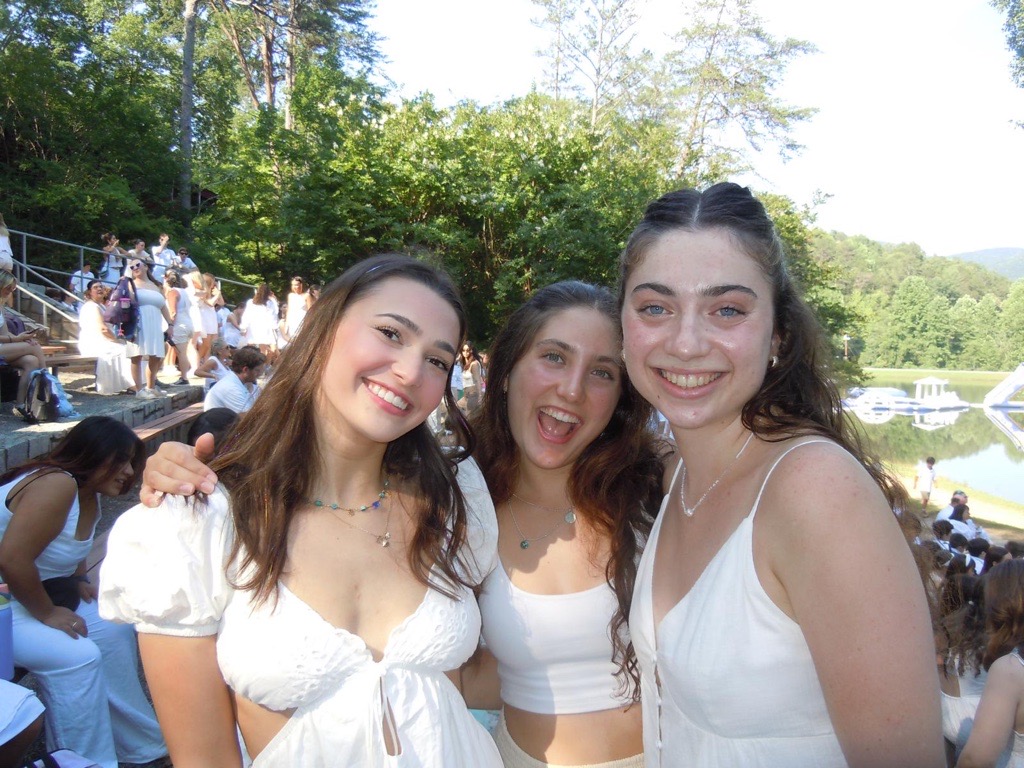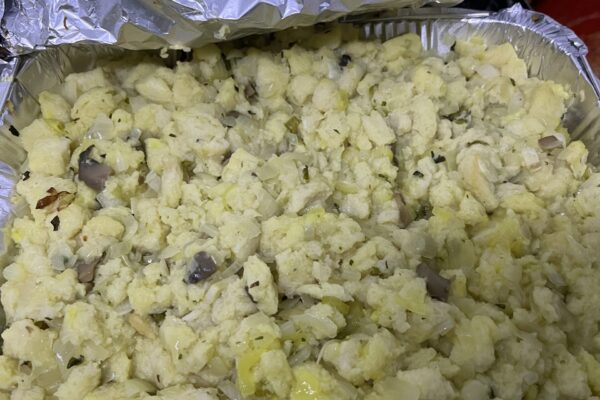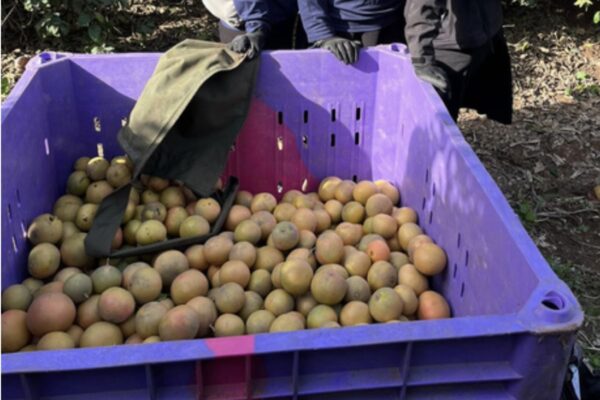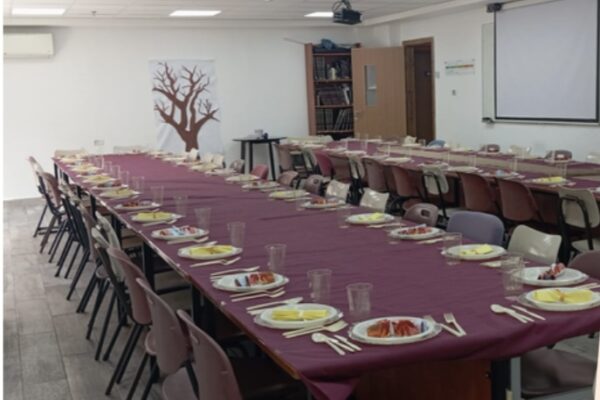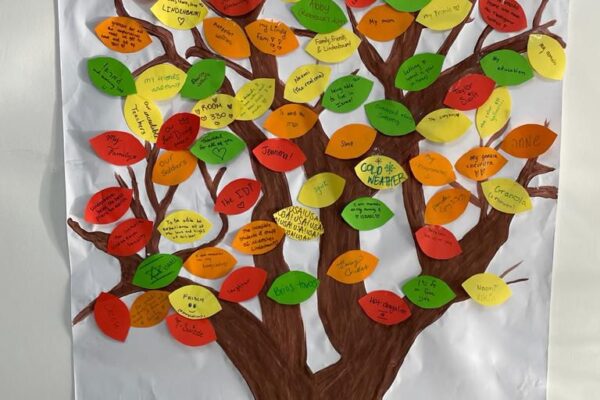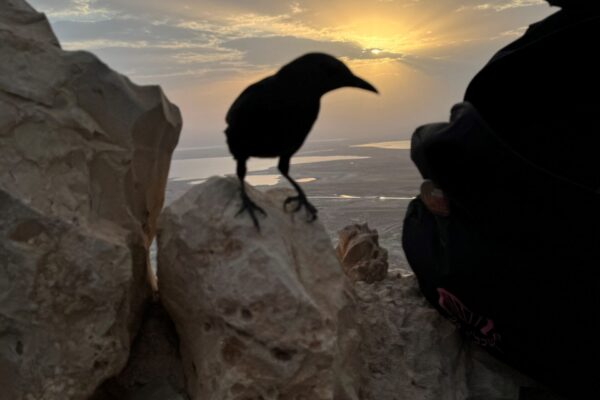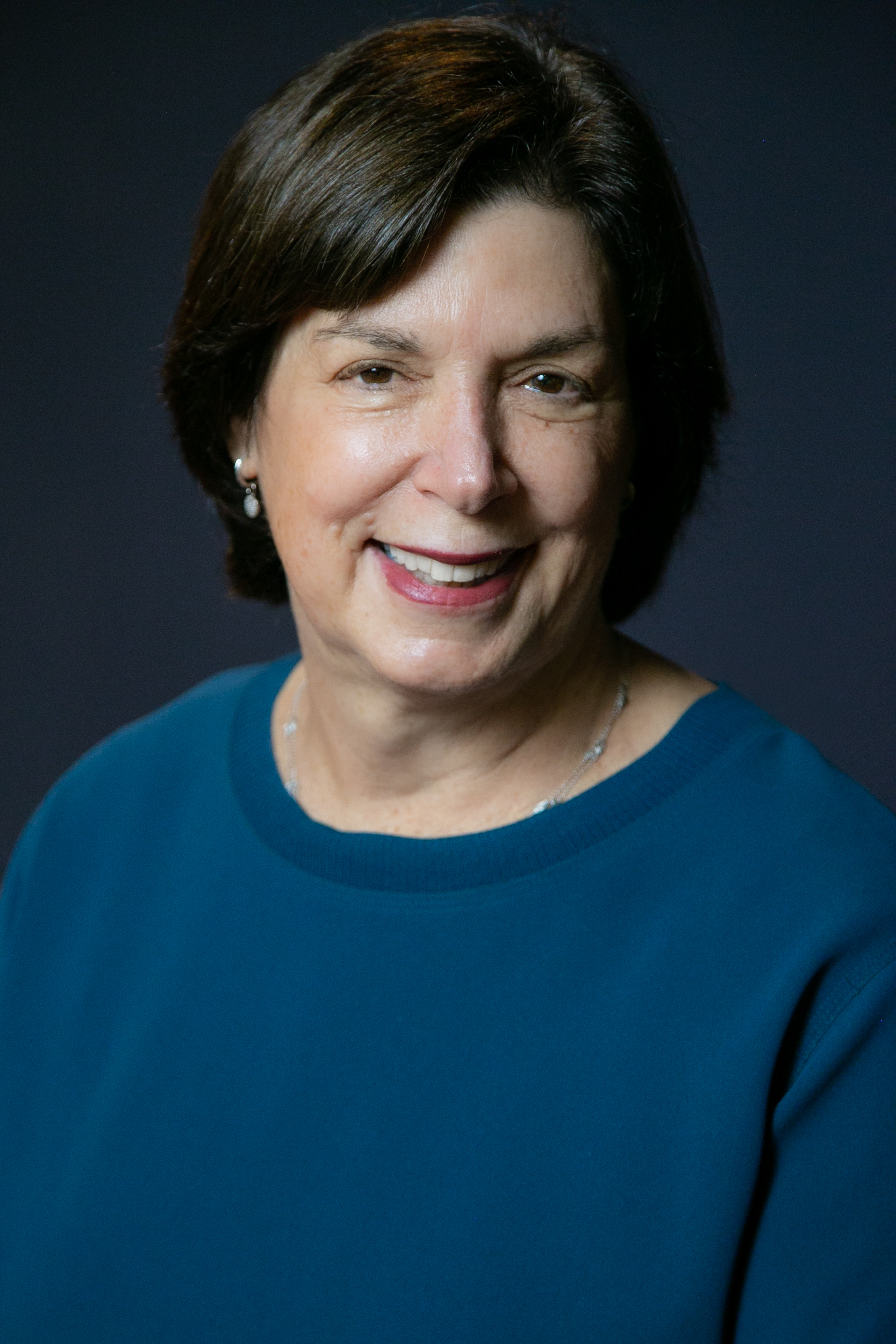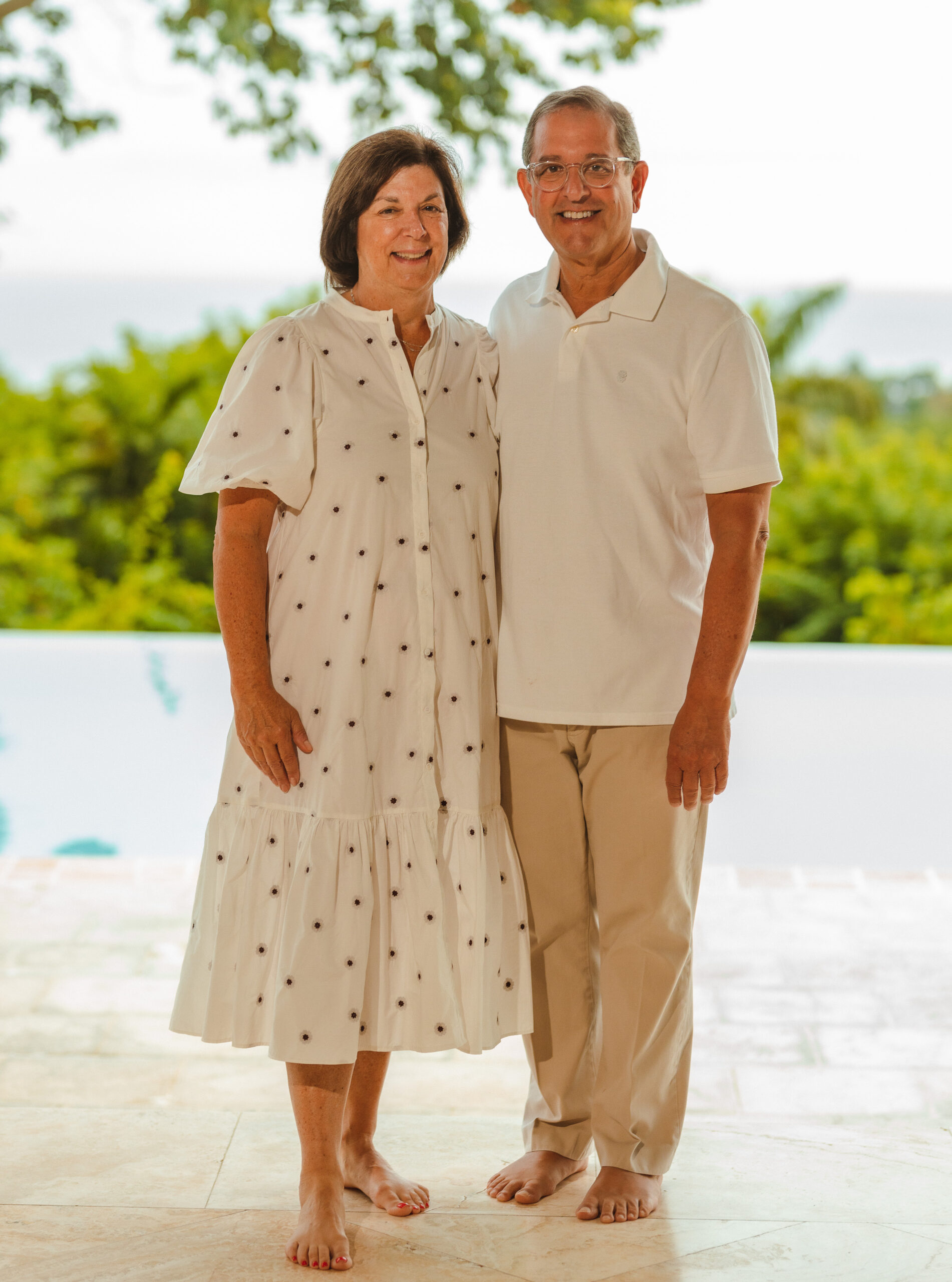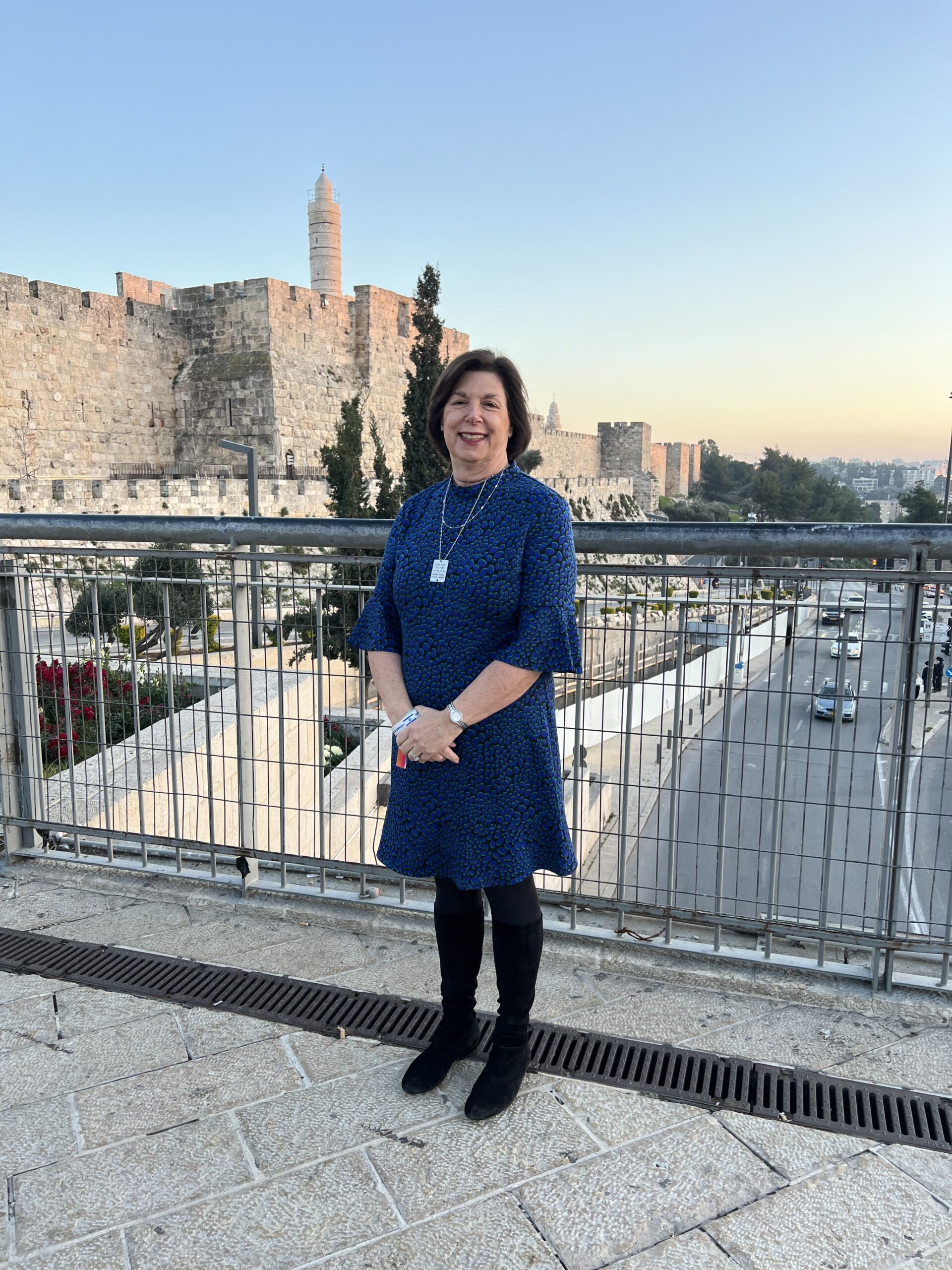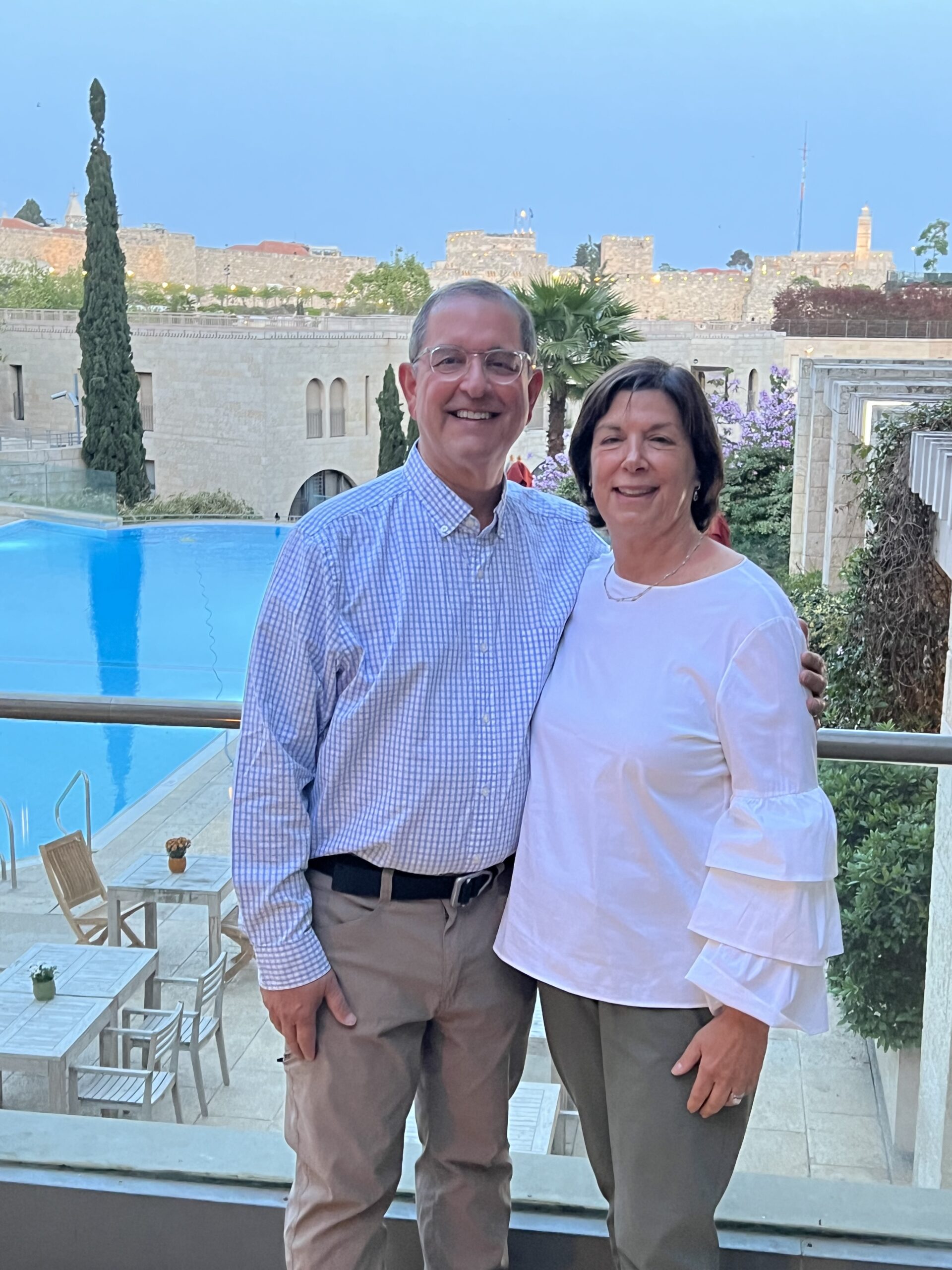How does a group of fifty 18-year-old girls celebrate Thanksgiving on their gap year in Israel? By picking grapefruit, of course! (And a large feast afterward).
When you’re spending the year in Israel, and it comes to milestones that you usually spend with your family at home, like Thanksgiving, knowing that you won’t be celebrating in your usual way can make it easy to feel detached and a little sad about being in a foreign country so many thousands of miles away. As I prepared to spend Thanksgiving at the gap year program I am attending this year, Midreshet Lindenbaum in Arnona, Jerusalem (a seminary with intensive Judaic study, fun trips, and volunteering), I assumed I would feel this way. Yet, when I discovered that we would pick grapefruit to help Israeli farmers, I was intrigued and enamored with the concept.
I like the idea of volunteering on Thanksgiving and giving back to your community as a form of gratitude. This year, with the war taking away crucial agricultural workers, farmers faced the dilemma of not having enough hands to pick their crops, risking losing their produce for that season and, thereby, a significant amount of their livelihood.
The community of Israel on the home front rallied together to aid the farmers, and with their help, a large amount of the crop was saved. Midreshet Lindenbaum was lucky enough to help a few times with this effort, and this was the perfect way to spend Thanksgiving. Plus, we got in some nice physical labor for our Midrasha-wide Thanksgiving feast scheduled for that evening.
The farmers were all very kind and eager to show us how to pick grapefruit. The man who instructed us was the son-in-law of the farm owner, a Sabra Israeli. His family has been in Israel since 1948, so his heart has been warmed by the volunteering of citizens during this war.
We each got a large bag with a long handle to wear cross-body; we would put the grapefruit into this bag as we picked tree by tree. Once our bags were full, we would put the grapefruit into large dumpster-like containers periodically placed along the paths between the trees in the orchard. The grapefruits were for juicing, so appearance didn’t matter— we were just supposed to pick any that looked ripe. We usually had to go inside the tree to really get all the grapefruit we could. There would be multiple girls picking from one giant tree, sometimes communicating from inside to outside the tree or from the ground to the branches. The more committed people had climbed up to get a better view and grasp of the higher-up fruit. We finished by the afternoon, ate lunch, and piled back onto the bus to return to seminary to prepare our Thanksgiving meal.
We had been preparing for Thanksgiving the whole week. Everyone signed up to make different dishes that they love and usually serve in their homes. I signed up to make cranberry sauce and stuffing, as those are staples and some of the most enjoyable parts of my family’s Thanksgiving. My granny, around whom my family’s Thanksgiving centered, would always make these meals; this would be my first time attempting them.
I had already finished the cranberry sauce the previous night, and the stuffing was about 20% done. So, my objectives after farming were to sauté the vegetables, combine them with bread, heat the consommé soup mix, pour into the two pans of bread and vegetables to make it moist— but not soggy— and put it all into the toaster oven to cook (the given mode of cooking in the communal kitchen with limited space). There were many of us preparing dishes that could only be done close to the meal, so there were a lot of us crammed in the communal kitchen, trying to make the most of our table and toaster.
After three hours, it became clear that there wasn’t much time left. It was twenty minutes before the Thanksgiving meal, I hadn’t gotten ready yet, and my stuffing still wasn’t cooking! My friends said they would keep an eye on my dish while I went to my room to get ready. When I returned to the kitchen, I found my stuffing adequately cooked, just in the nick of time for dinner. Phew!
After taking down my dishes to heat up, I entered the classroom my friends on the party-planning committee had decorated, and I was stunned at its beauty. It really felt like Thanksgiving, even though I was so far from home. There were some elements of this event that were new to me, however, such as the rule that we had to dress in fall colors (red, yellow, dark green, or brown) for dinner, the slideshow the committee had compiled of us all as babies for us to guess who was who, and the showing of the movie The Parent Trap after dinner. These were all welcome additions to my usual Thanksgiving routine.
At the meal, people shared their Thanksgiving traditions, and everyone gave backstories behind the dishes they’d made. Even the Brits and the Canadians participated in cooking delicious foods— they were just happy to be a part of the celebration! Of course, we also included Divrei Torah (words of Torah in speech form) because even though the day had technically been a non-learning day, at Midreshet Lindenbaum, the learning never really stopped. While it may not be a specifically Jewish holiday, Thanksgiving’s theme of gratitude is certainly an important Jewish value, which allowed the students who spoke and the head of our Midrasha to delve deep into the meaning and Jewish interpretations and teachings about gratitude.
When I look back at my Thanksgiving experience in Israel this year, I feel it encapsulates the best and most meaningful parts of my gap year. Admiring my friends’ hard work and willingness to pitch in when anyone needed help— whether on the farm or in the kitchen— reaffirmed how lucky I am to be a part of this community. I am so grateful that my gap year allowed me to live and bond with Jewish kids from far and wide and learn about their cultures, backgrounds, and family traditions. The fact that we all came together to learn the same Judaic texts each day is truly beautiful.
I also appreciated how Thanksgiving mixed the students’ relaxed, community-building events with awareness and service relative to the time. It has been important for us to do our part to help people in Israel and our home this year, especially as the war continues, and that has been such an essential part of my gap year experience. I have become a part of something bigger than myself, both in Israel’s civil society and within my seminary.
– Jemima Schoen, Lindenbaum
